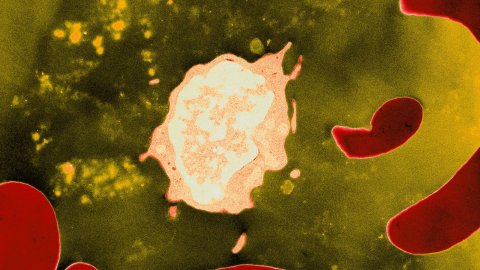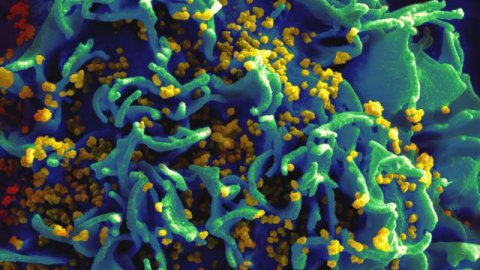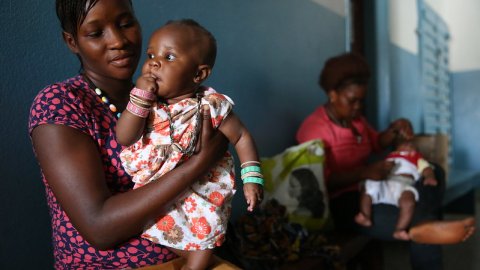Study Groups
WWARN facilitates a number of collaborative Study Groups to undertake individual patient data meta-analyses to answer specific research questions about malaria treatments and antimalarial drug resistance. Gathering and combining data sets from multiple studies increases sample sizes, so that effects, including smaller effects, and effects on sub-populations can be identified with greater certainty. Working together and combining data from different regions and populations is improving our understanding of drug resistance and strengthening global efforts to control and eventually eliminate malaria.

i
Dominic Chavez World Bank

The Alternative MiP Prevention Strategies (AMPS) Study Group’s aim is to determine the safety and efficacy of novel strategies for the control of mala...
show more

The Sulphadoxine-Pyrimethamine (SP) resistance Study Group’s aim is to provide open access to, and establish maps with, the most recent data on SP res...
show more

The sulphadoxine-pyrimethamine (SP) resistance Data Access Group’s aim is to provide maps and open access to the most recent data on molecular markers...
show more

Analysis of the effect of primaquine dose on tolerability and Plasmodium vivax recurrence.

Determining what affects White Blood Cell (WBC) count at baseline and during acute phase of malaria infection.

An analysis of pooled individual patient data to determine the effect of antiretroviral (ARV) drug-drug interactions and HIV disease on lumefantr...
show more

The Study Group was formed in January 2024 to update and expand the WWARN work of the K13 Genotype-Phenotype Study Group, which was published in BMC M...
show more

Assessing the efficacy of a range of antimalarials used for the treatment of P. falciparum malaria in all trimesters of pregnancy in Africa ...
show more

This Study Group will explore the link between P. vivax recurrence and prior P. falciparum treatment, including increased risk of vivax para...
show more
This is an extension of the WWARN Haemoglobin-Haematocrit Relationship in Malaria Study Group and the Antimalarial–Antiretroviral Analy...
show more

The First Trimester Safety of ACTs Study Group’s aim is to establish the evidence-base and safety profile to inform decision-making on the use of arte...
show more

The Subpatent Malaria and Pregnancy Outcome Study Group aims to explore the relationship between subpatent Plasmodium falciparum malaria inf...
show more

A meta-analysis of individual patient data (IPD) to determine the effect of antiretroviral (ARV) drug-drug interactions and HIV disease on artemether ...
show more

Determining the effects of pregnancy on piperaquine pharmacokinetics. The analysis aims to contribute evidence needed to inform recommendations on the...
show more

Analysis of how age impacts the effect of primaquine dose on gastrointestinal tolerability in patients with Plasmodium vivax and Plasmodium ovale mala...
show more

Analysis of how age impacts the effect of primaquine dose on haematological safety in patients with Plasmodium vivax and Plasmodium ovale malaria

The Alternative MiP Prevention Strategies (AMPS) Study Group’s aim is to determine the safety and efficacy of novel strategies for the control of mala...
show more

The Piperaquine Safety Study Group’s aim is to establish the evidence-base and safety profile to inform decision-making on the use and optimal dosing ...
show more



